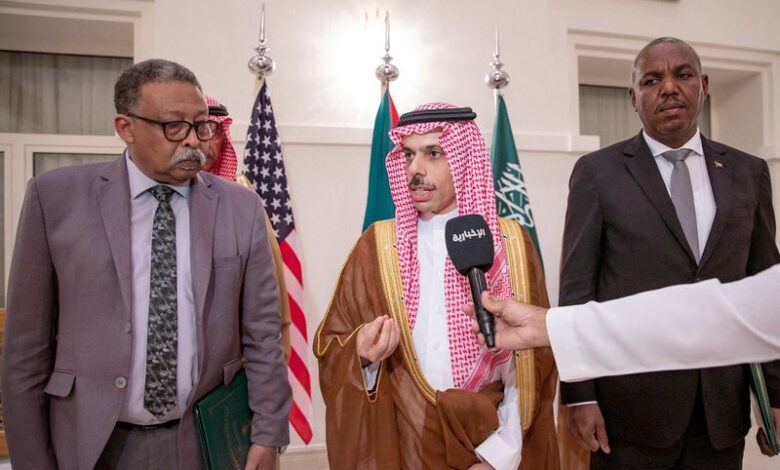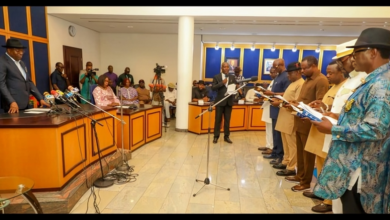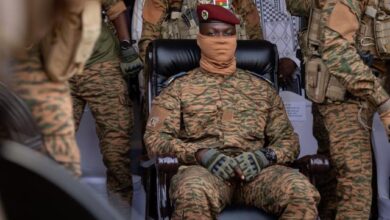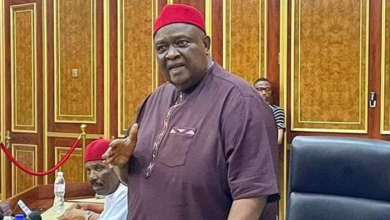Sudan Ceasefire Deal Raises Hopes For Relief in Khartoum

AIR strikes and clashes between Sudan’s warring factions could be heard in the capital Khartoum on Sunday, residents said, after a Saudi and U.S.-brokered deal for a week-long ceasefire raised hopes of a pause in the five-week conflict.
The deal, signed on Saturday by the army and the rival paramilitary Rapid Support Forces (RSF) after talks in the Saudi city of Jeddah, is due to come into effect on Monday evening with an internationally-supported monitoring mechanism. It also allows for the delivery of humanitarian aid.
Repeated ceasefire announcements since the conflict started on April 15 have failed to stop the fighting, but the Jeddah deal marks the first time the sides have signed a truce agreement after negotiations.
Analysts say it is unclear whether army chief Abdel Fattah al-Burhan or RSF commander Mohamed Hamdan Dagalo, known as Hemedti, are able to enforce a ceasefire on the ground. Both have previously indicated they are seeking victory in the war, and neither of them travelled to Jeddah.
The army and RSF reaffirmed their commitment to the ceasefire in statements on Sunday, even as fighting continued. Witnesses reported sporadic clashes in central and southern Khartoum on Sunday morning, followed by air strikes and anti-aircraft fire later in the day in eastern Khartoum and Omdurman, one of three cities that make up the greater capital.
Since the war began, 1.1 million people have fled their homes, moving either within Sudan or to neighbouring countries, creating a humanitarian crisis that threatens to destabilise the region.
Those still in Khartoum are struggling to survive amid mass looting, a collapse in health services, and dwindling supplies of food, fuel, power and water.
Safaa Ibrahim, a 35-year-old Khartoum resident, told Reuters by phone that she hoped the deal could bring an end to the conflict.
“We’re tired of this war. We’ve been chased away from our homes, and the family has scattered between towns in Sudan and Egypt,” she said. “We want to return to normal life and safety. Al-Burhan and Hemedti have to respect people’s desire for life.”
According to the text of the Jeddah deal, a committee including three representatives from each of the warring parties, three from Saudi Arabia and three from the U.S. would monitor the ceasefire.





